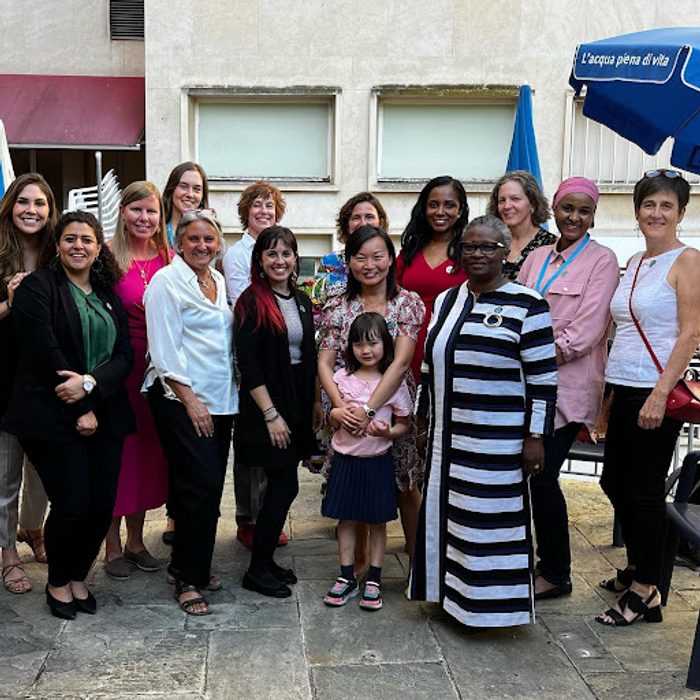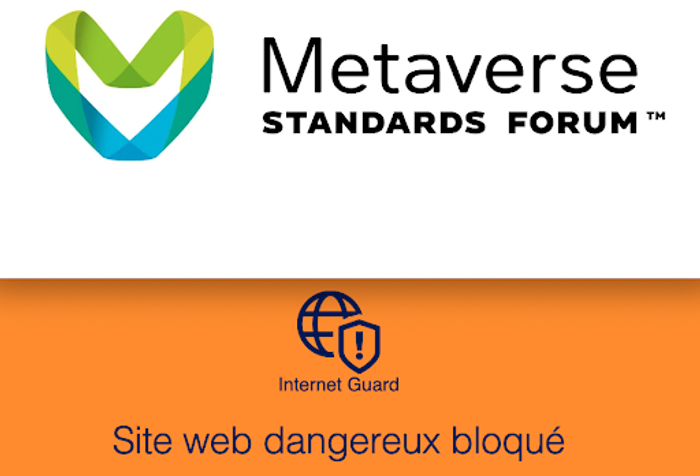|
One Metaverse, instead of many.
That is the expressed wish of the 36 companies and organisations who have formed a standards group for “metaverse” tech, called the Metaverse Standards Forum (MSF). The project was launched last week, with the promise, as an article in The Verge puts it (read below), to “foster open, interoperable standards for augmented and virtual reality, geospatial and 3D technologies”, which are all building bricks of the metaverse.
For those who are still living at the age of the now definitely defunct Internet Explorer browser, the metaverse is presented as the internet of the future in which each of us will be able to navigate through virtual and augmented realities. But while the World Wide Web is now one gigantic globally interoperable network, that is not (yet) the case with all the existing versions of the metaverse, developed by the major tech companies (Meta, Microscoft, Adobe, Huawei, Epic games,Nvidia, and the likes). That’s what the MSF is supposed to change.
As The Verge explains, “the MSF will focus on “pragmatic, action-based projects” like hackathons and prototyping tools for supporting common standards. It’s also interested in developing “consistent terminology” for the space”, as “building an open and inclusive metaverse at pervasive scale will demand a constellation of open interoperability standards.”
Open and inclusive are crucial words here, and should mirror a report that just went out, by McKinsey, named “Value creation in the metaverse”. According to the consulting firm, “with its potential to generate up to $5 trillion in value by 2030, the metaverse is too big for companies to ignore”. In other words, there are a lot of opportunities to make a lot of money in and from the metaverse. And this will create a lot of competition among the many actors interested in invading this new field.
Will that bring more openness and inclusivity – as is wished and expected by many geeks? Or is the MSF just a smoke curtain for those corporations to put the spotlights and feed the buzz on the still-taking-shape metaverse? The very next years will tell.
In the meantime, the MSF basic (not 3d-turned-virtual) website, when writing these lines on Tuesday 28 July, was not accessible… The “Internet Guard” of my web-service provider even indicated that this website was “dangerous and malicious”.
Olivier Dessibourg, GESDA
(EN)
|











